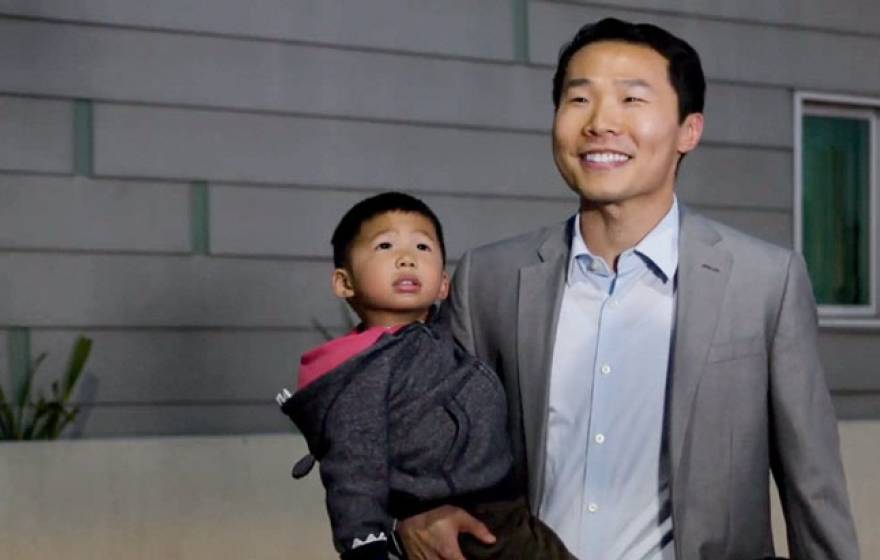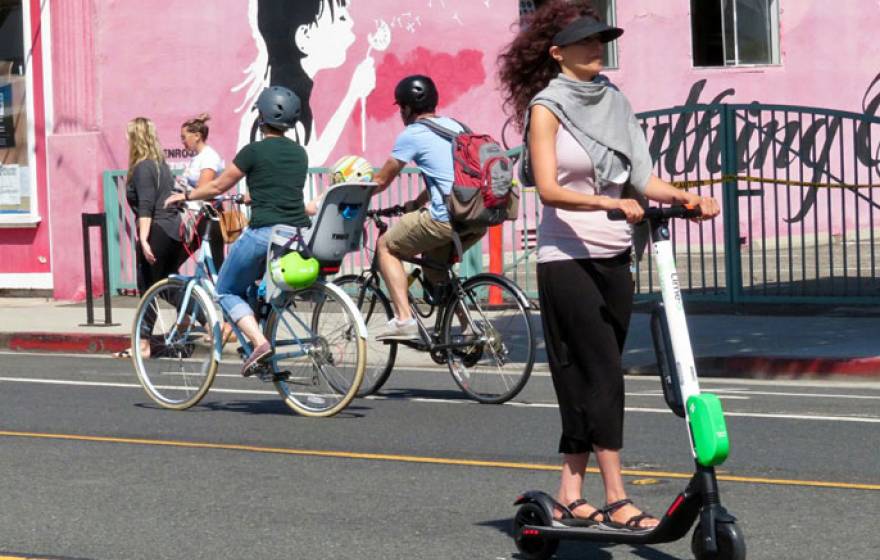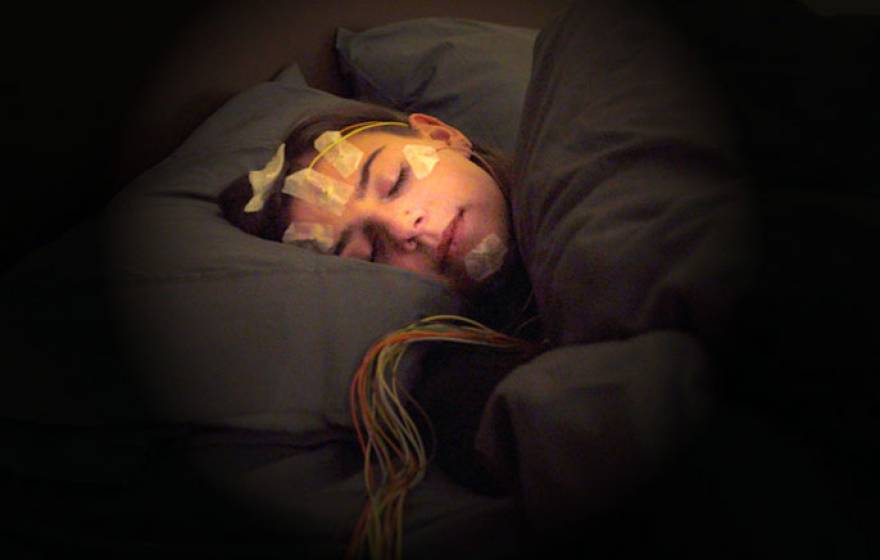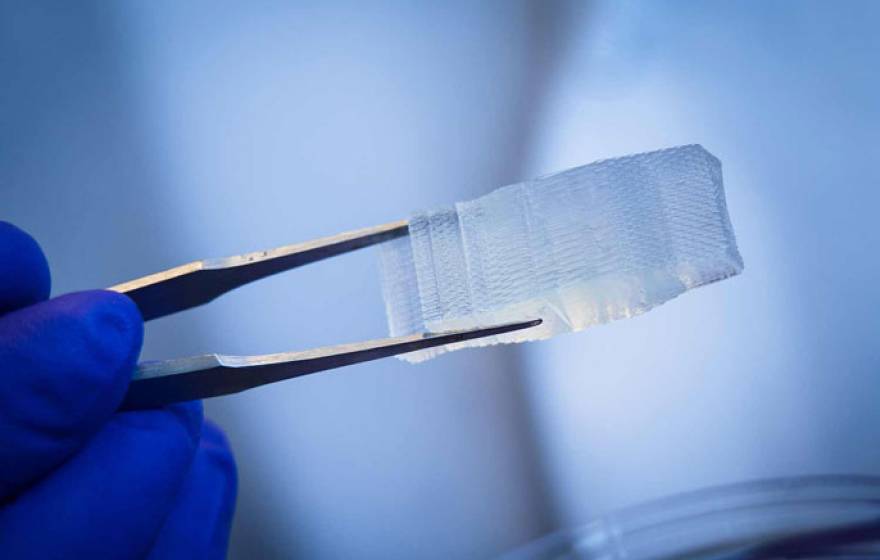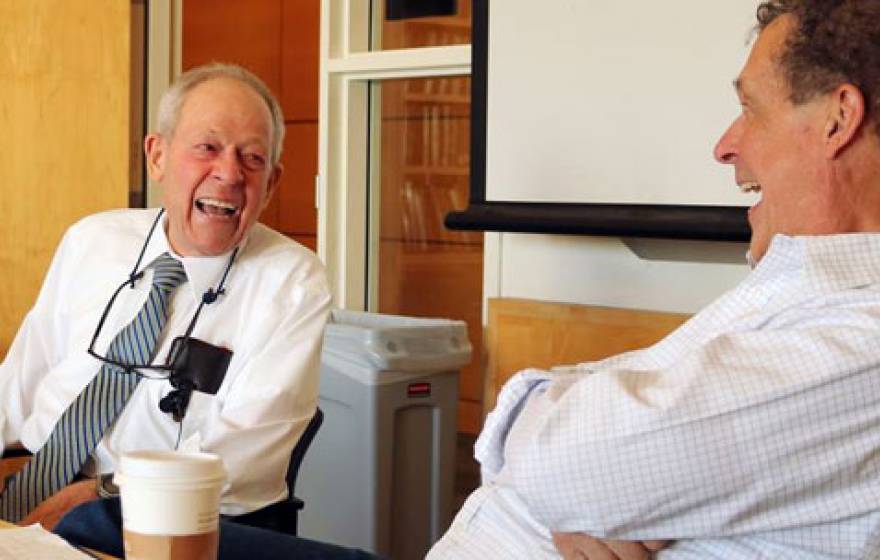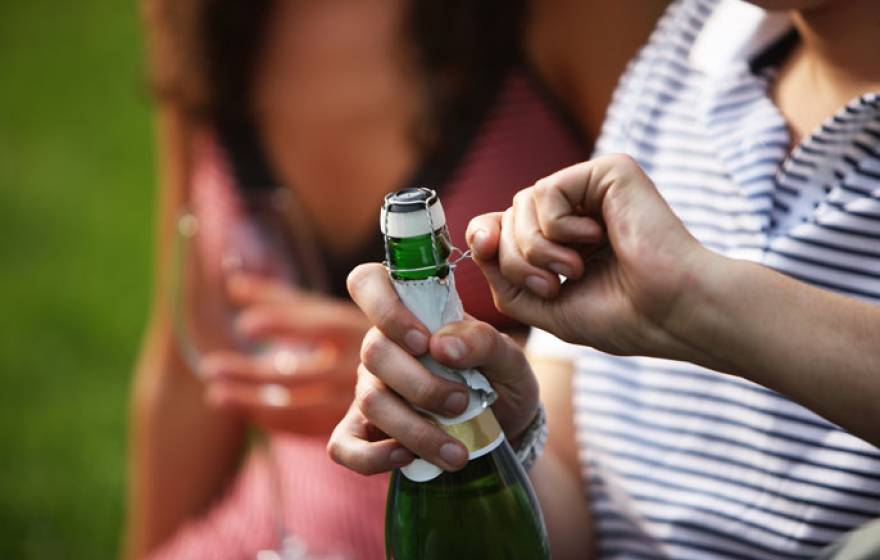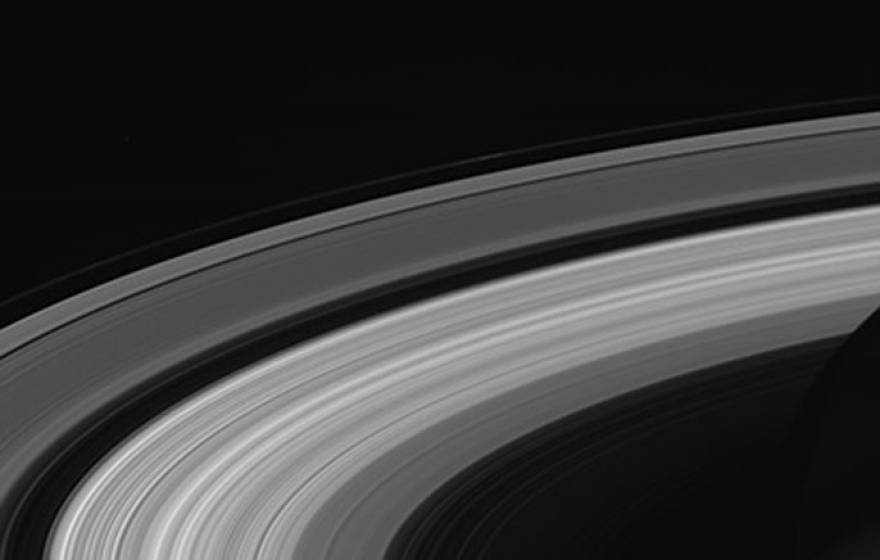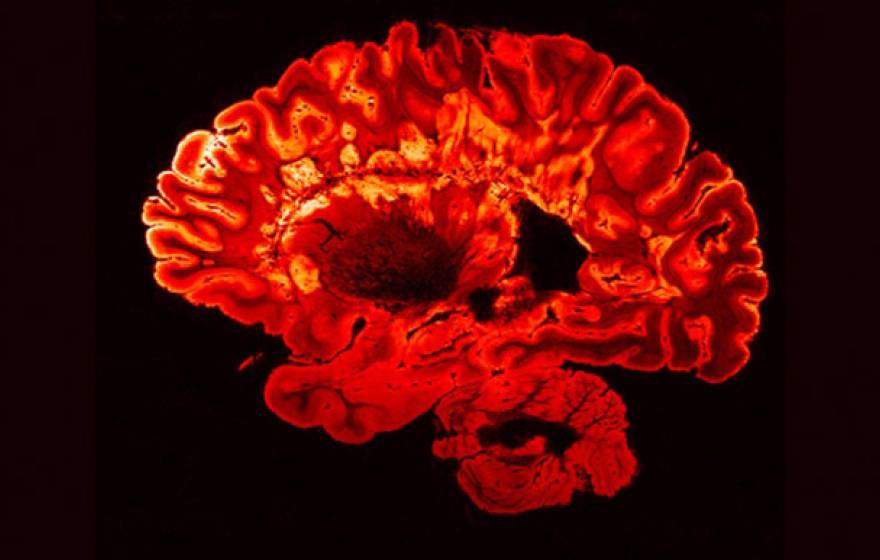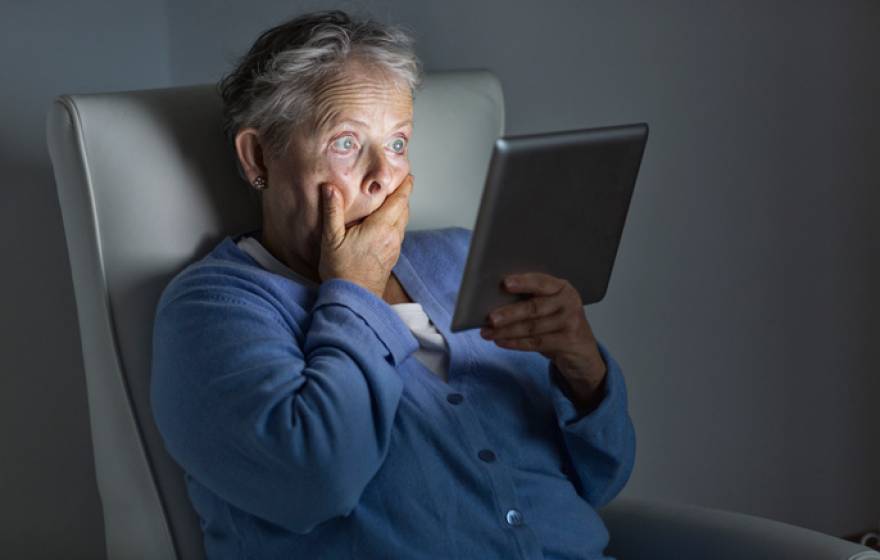Trendy dog food formulations lacking in some nutritional elements can bring about unintended harm to your pets.
Fathers are happier parents than mothers, new study shows
A new study shows fathers experience more well-being from parenthood than mothers.
Self-driving cars will ‘cruise’ to avoid paying to park
Autonomous vehicles have every incentive to create havoc, transportation planner says.
Fractures, head injuries common in e-scooter collisions, according to new research
First-of-its-kind UCLA study analyzes the public health impacts of the increasingly popular scooters.
Sleep loss truly causes you pain
Going without sleep heightens pain sensitivity and dulls the brain’s painkilling response.
3-D printed implants show promise for treating spinal cord injury
The soft, implantable “bridges” guide new nerve cells to grow where the spinal cord has been severed.
From Timothy Leary's office to the company of giants
How Robert Rosenthal brought behavioral psychology to the masses with “Pygmalion in the Classroom.”
Don't wait to have fun, science says
Our quest for just the right moment often means missing out on having a good experience.
It's about time: Scientists figure out the length of a day on Saturn
Thanks to data from NASA's Cassini spacecraft, astronomers are stumped no longer.
How gut immune cells can fight multiple sclerosis
Scientists are learning how our guts connect to our brains.
Study identifies a new way by which the human brain marks time
With a little help from HBO's “Curb Your Enthusiasm,” scientists learn more about how we process the flow of time.
Risk tolerance: It's in your DNA
Large study identifies genetic variants linked to risk tolerance and risky behaviors.

